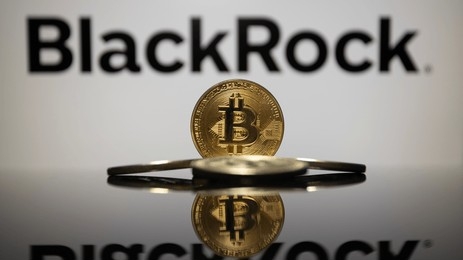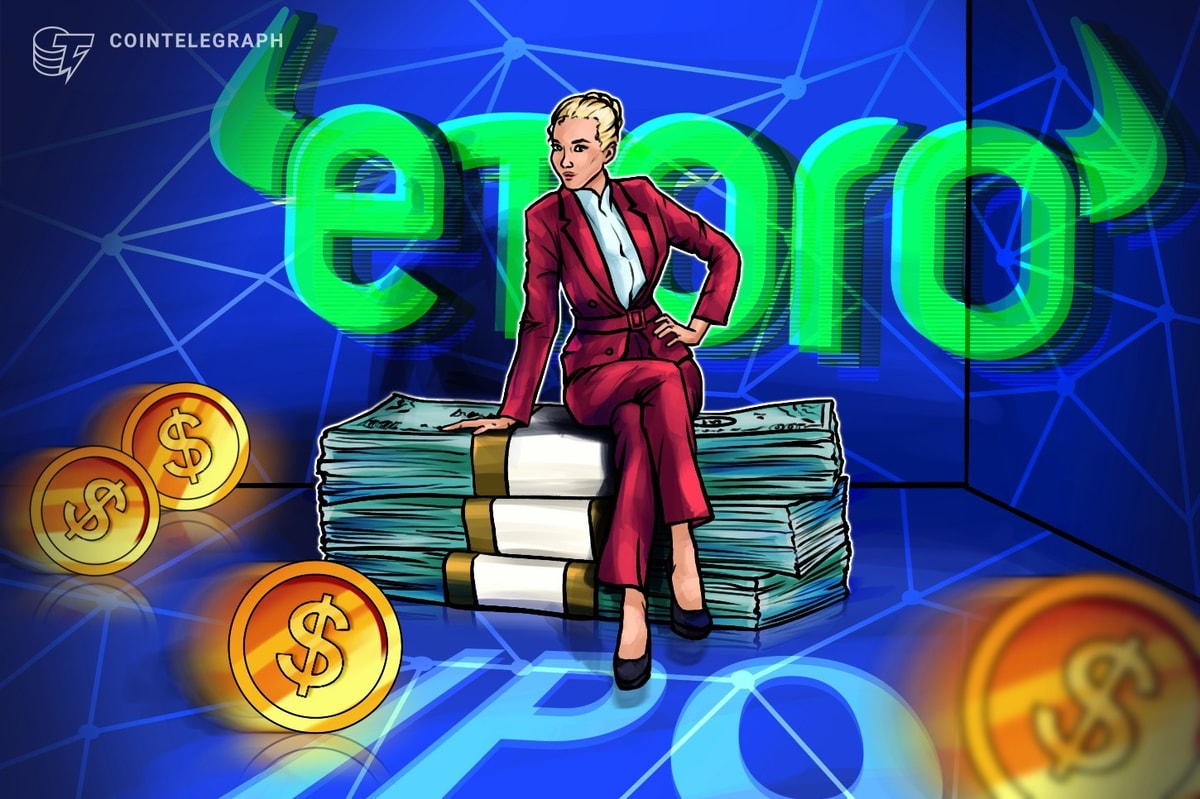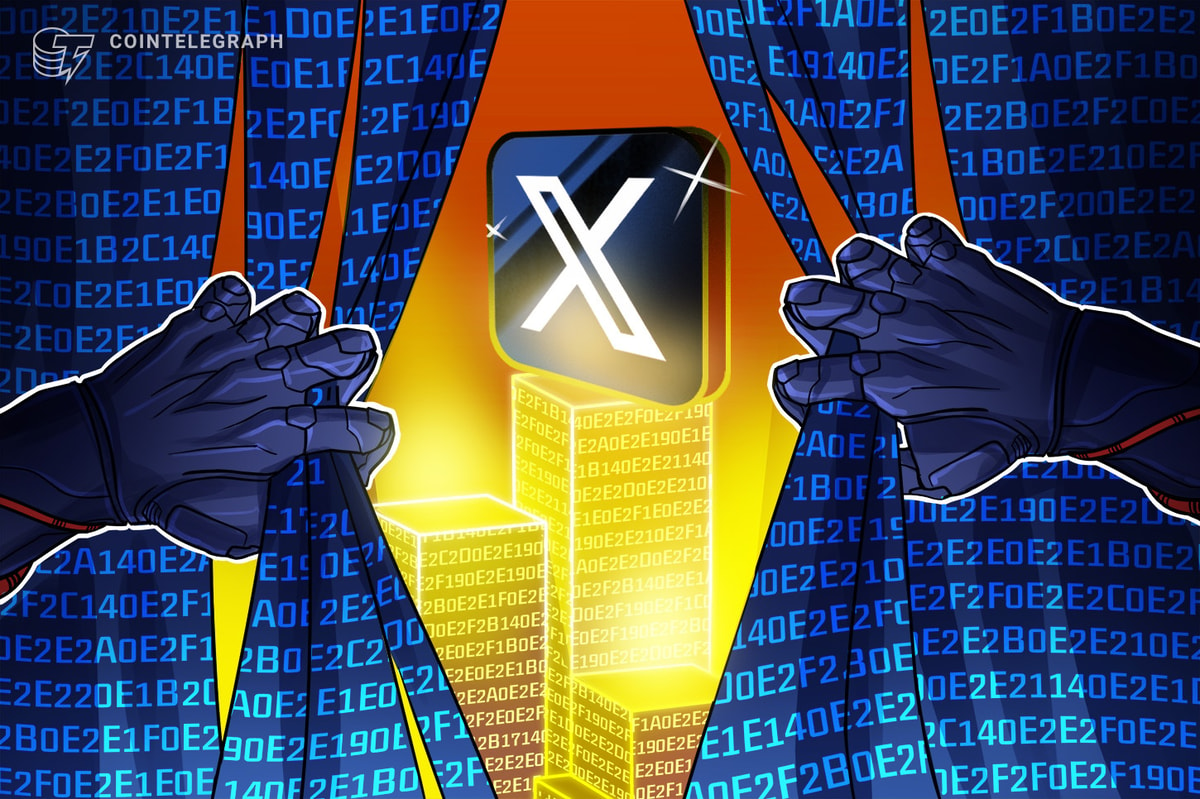Google Cloud has launched a Blockchain Remote Procedure Call (RPC) service to make it easier for crypto developers to interact with blockchain data and bolster the reliability of decentralized applications (DApps).
The new service will initially be compatible with the Ethereum mainnet and testnet, with plans to expand to additional blockchains in the next year, Google Cloud said in a Sept. 17 blog post.
The blockchain RPC service is initially launching with a free tier that offers up to 100 call requests per second and one million requests per day with support for EIP-1474 — a defined set of RPC methods for Ethereum nodes.
Google Cloud’s free blockchain RPC offering. Source: Google Cloud
Google Cloud said its Blockchain RPC is fully compatible with Ethereum’s JSON-RPC standard, which would allow crypto developers to integrate it into Ethereum-based DApps with a single line of code.
An RPC is a software communication protocol that one program uses to request a service from another program located on a different computer and network.
Google Cloud noted that RPC reliability has proved an ongoing challenge for many crypto developers, as even slight delays or errors can impact the performance of decentralized applications — many of which require the capability to clear and settle transactions on a near-instant basis.
Blockchain networks typically experience RPC issues during periods of unusually high network activity or transaction volumes.
Related: Google Cloud teams up with Web3 startup to make DeFi mainstream
In June, the Ethereum layer-2 scaling network ZKsync experienced major delays and degraded network functionality due to high network activity and problems with RPC providers.
On April 25, Google Cloud launched a product suite called the Web3 Portal, which offers resources for blockchain developers, including data sets and tutorials to mixed reviews from crypto pundits.
Several crypto commentators lashed Google’s Web3 portal for its “terrible” user interface, while others expressed concern with the lack of support for mainstay blockchain ecosystems like Bitcoin.
Magazine: Proposed change could save Ethereum from L2 ‘roadmap to hell’











